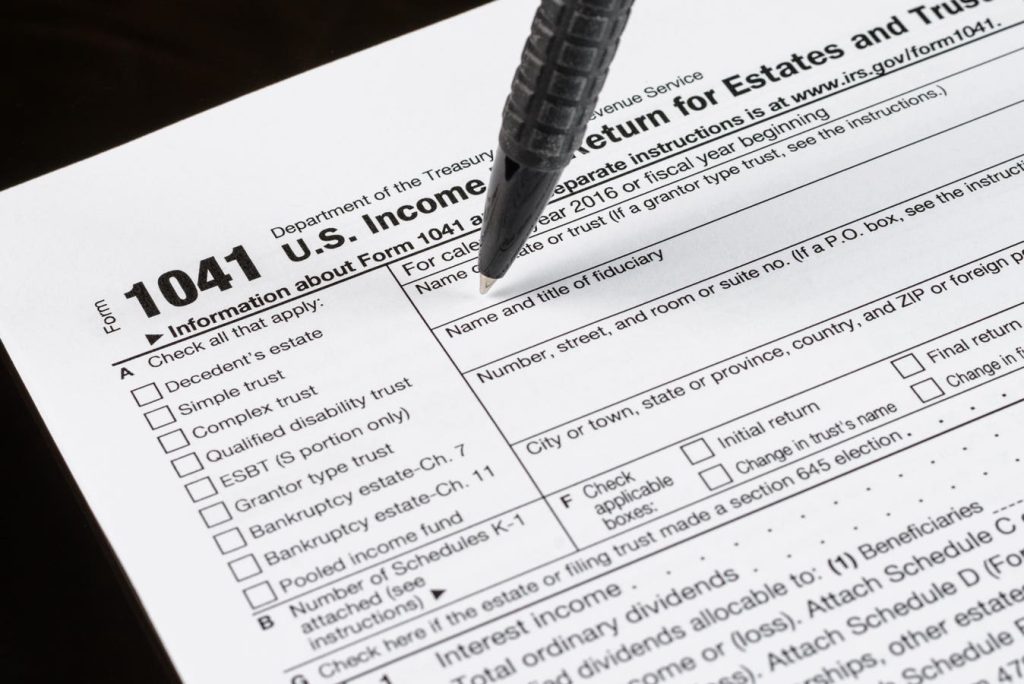Third-party promoters often market trust arrangements as a way for taxpayers to avoid or defer federal income taxes. The IRS has a designated webpage warning taxpayers of these abusive trust schemes, which can involve promises that the use of a trust alone allows taxpayers to omit or defer income or claim deductions that they otherwise could not individually. One variation of these schemes involves promoters suggesting that all trust expenses are deductible for federal income tax purposes because the trust incurred them. However, taxpayers should be cautious of these claims as there is no blanket deduction for expenses paid for by a trust.
The taxation of trusts is governed by Subchapter J of the Internal Revenue Code. If a trust is not a grantor trust, it must file an annual income tax return and pay tax on its “taxable income.” This taxable income is computed similarly to that of an individual with some exceptions. Trusts can claim deductions for trade or business expenses if those expenses were paid or incurred in a profit-seeking activity. If the trust does not have a trade or business, it may still claim deductions associated with rental activities, such as depreciation.
Trusts may claim above-the-line deductions for costs paid or incurred in connection with the administration of the trust and those expenses not commonly or customarily incurred by an individual holding the same property. Examples of deductible trust administration expenses include appraisal fees, tax preparation fees, and certain fiduciary fees. Trusts also have more liberal rules related to charitable contribution deductions than individuals. However, trusts cannot claim personal, living, and family expenses, including expenses paid on behalf of beneficiaries and third parties.
An example of personal expenses not being deductible for trusts can be seen in the case of Alfred I. DuPont Testamentary Trust v. Comm’r. In this case, the trust built a mansion on 300 acres of property, which served as the surviving spouse’s personal residence. The trust claimed deductions for maintenance of the property, repaving roadways and walkways, and purchasing a jeep and dump truck. The IRS disallowed these deductions, as they were not considered deductible trust administration expenses. The court ruled that because the expenses were related to the personal residence of the surviving spouse, they were not deductible.
In conclusion, taxpayers should be cautious of promoters claiming that trust expenses are automatically deductible simply because they are paid by the trust. Trusts are subject to many of the same taxation rules as individuals, with some exceptions. Taxpayers should be able to point to a specific Code provision before claiming a trust-related deduction comfortably. By being informed and aware of the rules regarding trust deductions, taxpayers can avoid falling victim to abusive trust schemes and potential IRS scrutiny.















